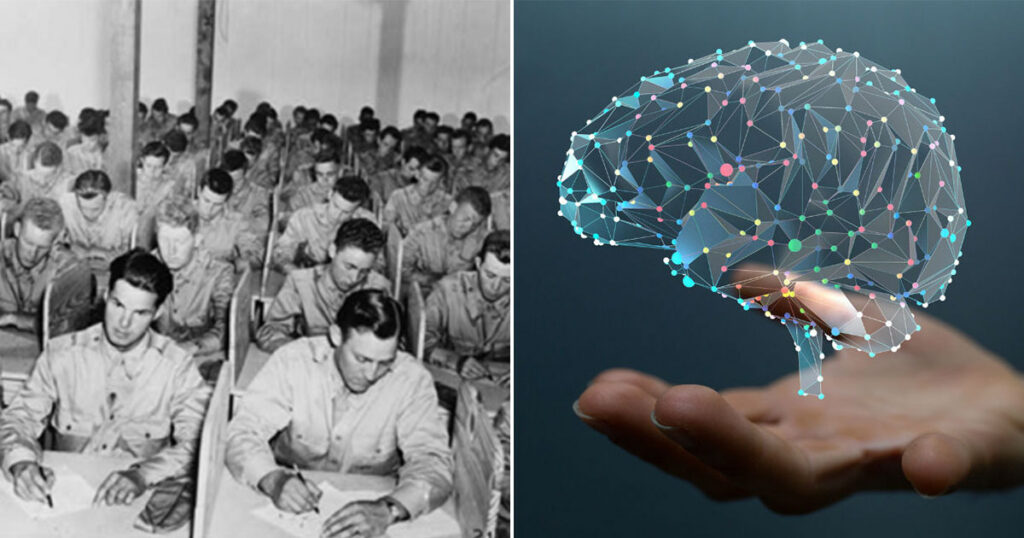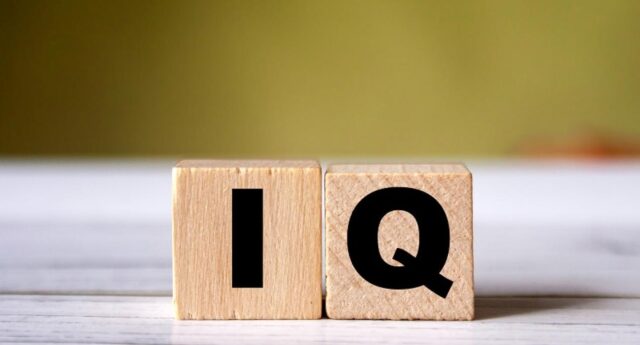Intelligence testing has been around for centuries, and it’s undergone a lot of changes over time. If you’re interested in learning about the history of intelligence testing and some of the most important things to know about it, this article is for you. We’ll cover everything from the earliest intelligence tests to modern-day IQ tests and everything in between.
The Origins of Intelligence Testing
- The first intelligence test was developed in the early 1900s by French psychologist Alfred Binet.
- Binet’s test was designed to identify students who were struggling in school so that they could receive extra help.
- The test became known as the Stanford-Binet intelligence test after it was adapted for use in the United States by Lewis Terman.
- Intelligence tests are now used for a variety of purposes, including academic placement, assessment of intellectual disability, and predicting job performance.
- Intelligence tests typically measure abilities such as mathematical skills, memory, and verbal reasoning. If you want to measure your own intelligence, there are a number of online intelligence tests that you can take, such as iq-online-test.com.
- Some researchers have proposed that there are different types of intelligence, such as emotional intelligence or creative intelligence.
- There is no consensus on what exactly constitutes intelligence, and there is no agreed-upon definition of what constitutes a “good” score on an intelligence test.
- Intelligence testing is a controversial topic, and there is ongoing debate about the fairness and accuracy of these tests.
The Use of Intelligence Tests in the Military

Intelligence tests have been used in the military for many years, dating back to World War I. They are used to screen applicants for enlistment and to identify individuals who may be best suited for certain military occupations. Intelligence tests can also be used to assess the cognitive abilities of soldiers and veterans who have been injured in combat.
The Use of Intelligence Tests in Schools
The use of intelligence tests in schools is a controversial topic. Some people believe that intelligence tests are a valid and reliable way to measure a student’s academic potential, while others believe that intelligence tests are biased and inaccurate. Intelligence tests are often used in conjunction with other measures, such as achievement tests, to make decisions about student placement in gifted and talented programs or special education classes.
The Controversy Surrounding Intelligence Tests

Intelligence tests have been controversial since their inception. Some people argue that they are biased against certain groups of people, while others argue that they are essential for identifying gifted individuals.
There are a few things to keep in mind when considering the controversy surrounding intelligence tests:
- Intelligence tests measure only a narrow range of cognitive abilities.
- They have been shown to be biased against certain groups of people, including minorities and women.
- They are often used for purposes other than what they were designed for, such as making decisions about who to hire or promoting students to the next grade level.
- The definition of intelligence is constantly changing and evolving, making it difficult to create an intelligence test that is truly definitive.
Ultimately, the controversy surrounding intelligence tests boils down to whether or not we believe that they are an accurate measure of someone’s cognitive abilities. There are pros and cons to both sides of the argument, but there is no definitive answer.

The Future of Intelligence Testing
Intelligence testing is not going to disappear. It has too many benefits and it is too expensive to implement alternative technologies to replace it. So what will happen in the future? Unfortunately, we are not in a position to make any firm predictions.
The usual answer is that intelligence testing will become more sophisticated as technology improves and that the tests will be able to measure more of the range of human abilities. This may well be true, but this vision ignores some important issues in the future of intelligence testing. Specifically, we wonder whether there are certain limitations on intelligence testing that cannot be overcome by improved technology and whether there may be fundamental changes in our thinking about intelligence itself that might lead us to question the usefulness of intelligence tests altogether.



